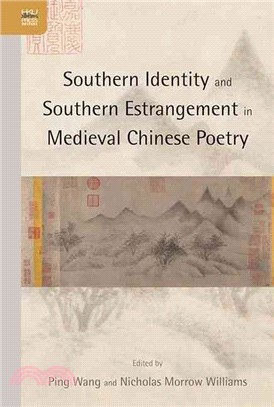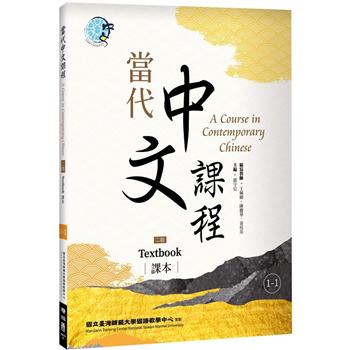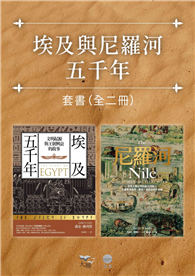| FindBook |
有 3 項符合
Southern Identity and Southern Estrangement in Medieval Chinese Poetry的圖書 |
 |
Southern Identity and Southern Estrangement in Medieval Chinese Poetry 作者:Ping Wang,Nicholas Morrow Williams 出版社:香港大學出版社 出版日期:2015-03-27 語言:英文 規格:精裝 / 236頁 / 17 x 23 cm / 普通級/ 單色印刷 / 初版 |
| 圖書選購 |
| 型式 | 價格 | 供應商 | 所屬目錄 | $ 2229 |
社會人文 |
$ 2624 |
中文書 |
$ 2624 |
華文文學研究 |
|---|
| 圖書館借閱 |
| 國家圖書館 | 全國圖書書目資訊網 | 國立公共資訊圖書館 | 電子書服務平台 | MetaCat 跨館整合查詢 |
| 臺北市立圖書館 | 新北市立圖書館 | 基隆市公共圖書館 | 桃園市立圖書館 | 新竹縣公共圖書館 |
| 苗栗縣立圖書館 | 臺中市立圖書館 | 彰化縣公共圖書館 | 南投縣文化局 | 雲林縣公共圖書館 |
| 嘉義縣圖書館 | 臺南市立圖書館 | 高雄市立圖書館 | 屏東縣公共圖書館 | 宜蘭縣公共圖書館 |
| 花蓮縣文化局 | 臺東縣文化處 |
|
|
From ancient times, China's remote and exotic South—a shifting and expanding region beyond the Yangtze River—has been an enduring theme in Chinese literature. For poets and scholar-officials in medieval China, the South was a barbaric frontier region of alienation and disease. But it was also a place of richness and fascination, and for some a site of cultural triumph over exile. The eight essays in this collection explore how tensions between pride in southern culture and anxiety over the alien qualities of the southern frontier were behind many of the distinctive features of medieval Chinese literature. They examine how prominent writers from this period depicted themselves and the South in poetic form through attitudes that included patriotic attachment and bitter exile. By the Tang dynasty, poetic symbols and clichés about the exotic South had become well established, though many writers were still able to use these in innovative ways.
Southern Identity and Southern Estrangement in Medieval Chinese Poetry is the first work in English to examine the cultural south in classical Chinese poetry. The book incorporates original research on key poets, such as Lu Ji, Jiang Yan, Wang Bo, and Li Bai. It also offers a broad survey of cultural and historical trends during the medieval period, as depicted in poetry. The book will be of interest to students of Chinese literature and cultural history.
作者簡介:
Ping Wang is assistant professor of Chinese at Princeton University.
Nicholas Morrow Williams is research assistant professor at the Mr. Simon Suen and Mrs. Mary Suen Sino-Humanitas Institute, Hong Kong Baptist University.
- 作者: Ping Wang、Nicholas Morrow Williams
- 出版社: 香港大學出版社 出版日期:2015-01-01 ISBN/ISSN:9789888139262
- 語言:繁體中文 裝訂方式:平裝 頁數:236頁
- 類別: 中文書> 華文文學> 華文文學研究
|











